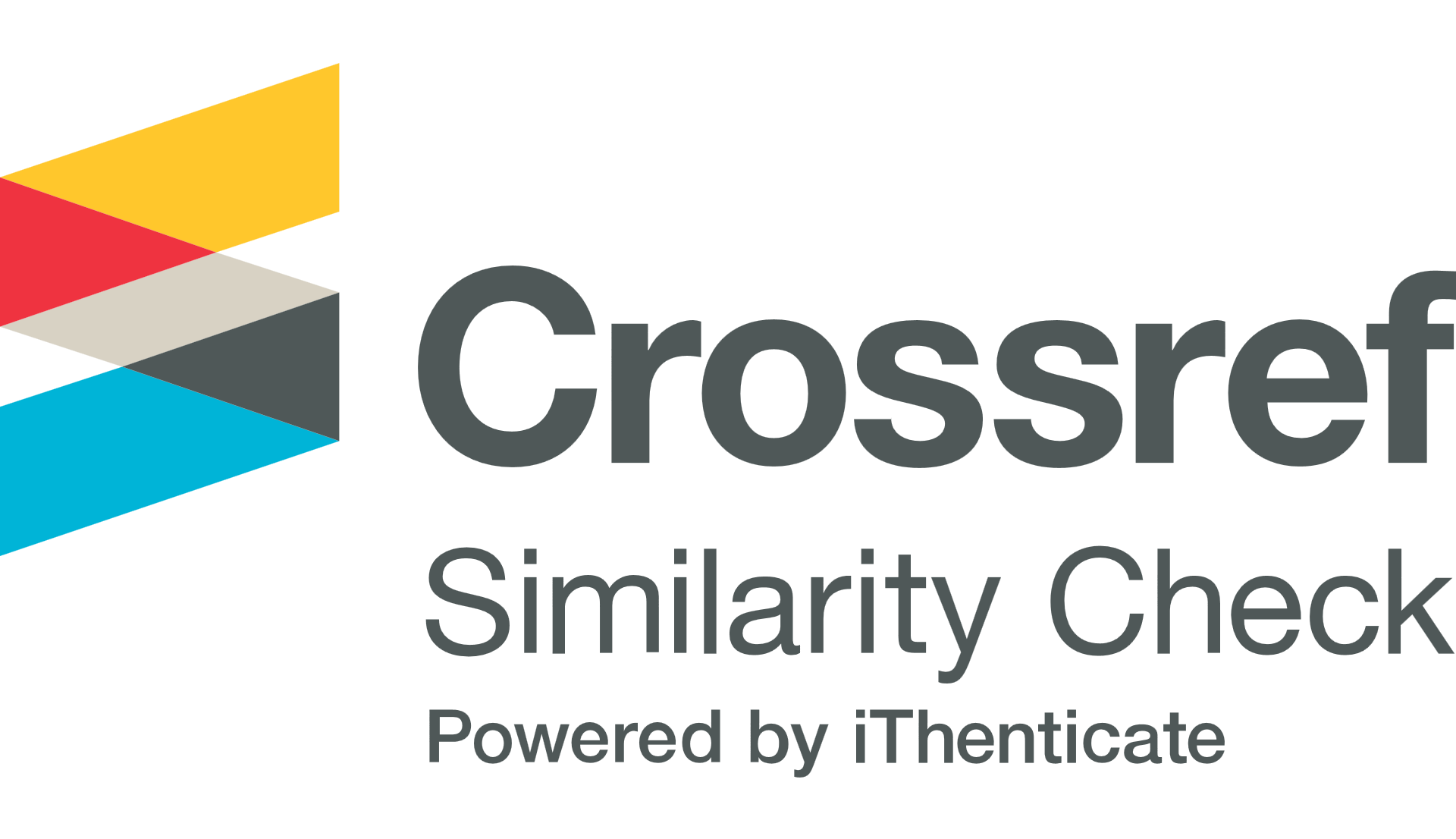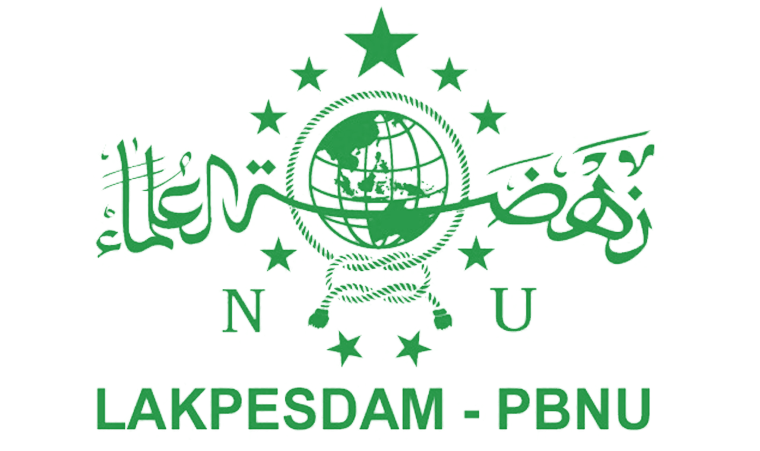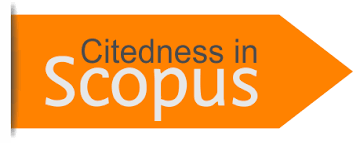BUDAYA KERJA DALAM PENGEMBANGAN KINERJA GURU MTs DI KABUPATEN DEMAK
DOI:
https://doi.org/10.31969/alq.v24i2.526Abstract
ABSTRACTThe Principal of Madrasah have a great responsibility in creating good teaching and learning situations. A good work culture can foster how quality and performance are carried out by a teacher who is in the unit of the work organization unit. The population of this study was MTs teachers in Demak Regency with a sample of 135 teachers selected with purposive random sampling quota. Data collection through questionnaires, data processing and single regression test and multiple regression using SPSS. The results show that respondents perceive the role of madrasah heads in good categories, perceived work culture and teacher performance are also good categories. Regression test results showed (1) the role of madrasah heads had a significant effect on the performance of madrasah teachers by 55.5% (2) work culture had a significant effect on teacher performance by 69.2% (3) the role of madrasah heads and work culture jointly influential significant to teacher performance by 54.8%, regression equation with positive coefficient koefisien = 14.025 + 0.584 X1 + 0.637 X2. Keywords: work culture and teacher performanceReferences
DAFTAR PUSTAKA
..............., Lampiran Peraturan Menteri Pendayagunaan Aparatur Negara Dan Reformasi Birokrasi Nomor 39 Tahun 2012 Tentang Pedoman Pengembangan Budaya Kerja.
Dewi, Rina Puspita (2008). Modul: Menjaga dan Melindungi Budaya Kerja, Sesuai Standar Isi 2006. Jakarta: Yudhistira.
Hakim, Lukman, S, 2014. Nilai-nilai Budaya Kerja Kementerian Agama. Jakarta: Kementerian Agama RI
Hikmah, Mutiara (2014) peran kepala madrasah dalam mengembangkan Budaya sekolah di mts muhamadiyah 3Al furqan banjarmasin Jurnal: Ta’lim Muta’allim, Vol. 4, No. 8, ISSN 2088-2977 diunduh pada 21 Desember 2016
Mulyasa, E, 2003; Menjadi Kepala Sekolah Profesional Dalam Konteks Menyukseskan MBS dan KBK, PT Remaja Rosdakarya, Bandung.
Mulyasa, E. 2009. Manajemen Berbasis Sekolah. Bandung : PT Remaja Rosdakarya.
Nawawi,Hadari 2003: Manajemen Sumber Daya Manusia, Cetakan kelima, Gajah Mada University Press, Yogyakarta.
Priansa, Donni J, 2014: Manjemen Supervisi & Kepemimpinan Kepala Sekolah, Bandung: Alfabeta.
Sulistyorini,2006: Manajemen Pendidikan Islam, Surabaya: Elkaf.
Sugiyono, 2010. Metodologi Penelitian. Bandung: CV. Alfabeta
Supardi. 2014. Kinerja Guru. Jakarta: Rajawali Pers.
Suprayogo,Imam 2004: Pendidikan Berparadigma Al-Qur’an, Aditya Media Bekerjasama dengan UIN Malang Press, Malang.
Supriyadi, Gering dan Guno Tri; 2003: Budaya Kerja Organisasi Pemerintah. Lembaga Administrasi Jakarta
Taulabi, Iman 2016; Kepemimpinan Kepala Madrasah Dan Budaya Kerja Guru Jurnal Tribakti, ISSN : 1411-9919, E-ISSN 2502-3047 Volume 27 Nomor 2 September 2016 diunduh 12 Januari 2017
Undang-Undang Repuplik Indonesia Nomor 14 Tahun 2005 tentang Guru dan Dosen
Undang-Undang RI No. 20 Tahun 2003, Tentang Sistem Pendidikan Nasional, Bandung, Citra
Wahjosumidjo, 2007. Kepemimpinan Kepala Sekolah Tinjauan Teoretik dan Permasalahannya, Jakarta: Raja Grafindo Persada.
Wirawan. (2009). Evaluasi Kinerja Sumber Daya Manusia; Teori Aplikasi dan Penelitian. Jakarta: Kencana Prenada Media Group
Additional Files
Published
Issue
Section
License
Authors who publish with this journal agree to the following terms:
- Authors retain copyright and grant the journal right of first publication with the work simultaneously licensed under Creative Commons Attribution-NonCommercial-ShareAlike 4.0 International License that allows others to share the work with an acknowledgement of the work's authorship and initial publication in this journal.
- Authors are able to enter into separate, additional contractual arrangements for the non-exclusive distribution of the journal's published version of the work (e.g., post it to an institutional repository or publish it in a book), with an acknowledgment of its initial publication in this journal.
- Authors are permitted and encouraged to post their work online (e.g., in institutional repositories or on their website) prior to and during the submission process, as it can lead to productive exchanges, as well as earlier and greater citation of published work (See The Effect of Open Access).















